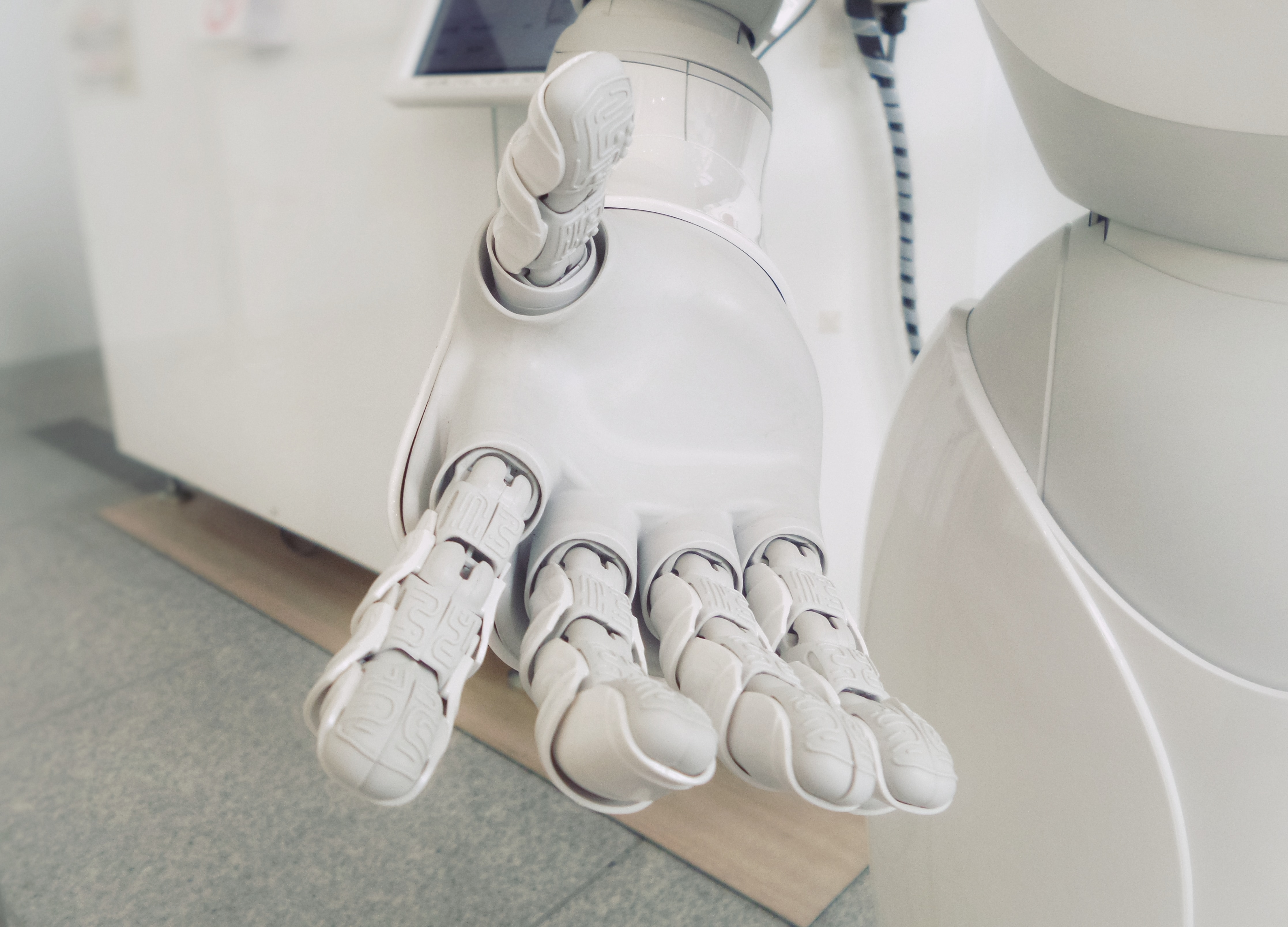
Jason Engelbrecht: There are four major technology areas where we see AI having an impact, and we categorise those as User-Centricity, Connected World, Artificial Intelligence, and Disruptive Technologies.
Jason: Under User Centricity, the focus is on understanding the new ways in which we will interact with our customers in the future.
We feel that a lot of the value that is coming to insurance providers is not just about individual pieces of technology, but rather in how they all come together such as in digital ecosystems or conversational user interfaces.
For instance, conversational user interfaces necessitate the combination of different technologies – including speech-to-text, text- to-meaning, and meaning-to-different systems – to become a reality.
A prime example of this is a chatbot that a customer may use to communicate with us when contacting one of our business units.
"By creating APIs that smartly connect, new insurance
products can be brought to market much faster."
The function is practically useless unless it is connected to our other downstream systems. It’s the seamless connection that drives value.
The same is true throughout the entire insurance value chain.
By creating APIs that model the insurance value chain and smartly connect, new and novel insurance products can be brought to market much faster.
In the area of Connected World, we focus on APIs, digital twins, and health services.
There are many start-ups that are working in the digital health services space, with digital and connected IoT devices gathering information and streaming it to doctors and healthcare providers.
"In the UK, there are niche diseases where companies are providing mobile apps that can be part of the recovery process"
This helps with diagnoses, as well as with influencing behaviours.
In the UK, there are niche diseases where companies are providing mobile apps that can be part of the recovery process by assisting the collection of data for doctors.
In the Artificial Intelligence (AI) space, we see a wave of changes that are coming.
Traditional IT as about connecting information together and allowing computers to repeat the same task faster
than a human ever could.
However, we’re increasingly seeing algorithms inspired by human knowledge, whereby machines are able to make decisions without human intervention based on the data they have been trained on.
Jason: Humans do need to get involved to make sure that the machine is training in the right process. But the machine will be able to make a lot of the decisions automatically.
AI does offer cost savings, but it also allows us to do things that we could never do before, such as comparing satellite imagery before and after a hurricane.
"AI allows us to do things that we could never do before"
Machines can look at a picture and note whether the position of a tree has changed or if the roof looks different because it’s been damaged.
These are very simple decisions, but they can run through millions of images in a much quicker fashion. This allows us to provide faster service, especially when people are in great need.
Jason: There is a very high level of accuracy; in fact, in some instances, it is above 90 per cent, and it goes beyond identifying damage. It can also help to prioritise damage in order of severity, so that we address more urgent cases first.
The machines identify things much quicker than human eyes can. This part of our infrastructure would never be possible without AI.
Jason: We feel strongly that having experts in each of these areas of focus should be part of our internal DNA and knowledge base.
We have specialists in User-Centricity, Connected World, and Artificial Intelligence.
"We feel strongly that having experts in each of these areas
of focus should be part of our internal DNA"
As disruptive technologies are so broad and far-reaching, we work across the company to understand their impact.
Even though the expertise really needs to lie within the company, we may also partner with outside firms during the implementation of areas like computer vision, knowledge graphs, and Robotic Process Automation.